Cuando buscamos un nombre para el futuro bebé queremos que sea especial y que nos inspire sensaciones buenas que cuadren con lo que esperamos sea el futuro pequeño.
Los nombres de niño más puestos en nuestro país son nombres como Hugo, Daniel, Alejandro… pero, ¿qué pasa si buscamos un nombre diferente con connotaciones distintas?
El nombre es el primer regalo que le hacemos a nuestro hijo y por eso muchas personas piensan en un nombre original, mientras que otras quieren con él honrar a personas de la familia a las que quieren y por eso llaman al pequeño como el abuelo, el papá, el tío… Las opciones son casi infinitas y más ahora que, actualmente, el Registro Civil permite nombres que no están recogidos dentro de lo que llamaríamos ‘nombres tradicionales’ como Usarmy o Iloveny, que son las adaptaciones de los vocablos ingleses U.S. Army (la armada americana) y I Love N.Y. (lema y eslogan de la ciudad de Nueva York). Actualmente hay muchas opciones de nombres de niño para poder elegir.
En general, un consejo que se ha de seguir a la hora de elegir el nombre del bebé es pensar en el apellido que tendrá para que no se generen cacofonía, como por ejemplo en nombres como Casimiro Cals o Camino del Bosque.
Se sabe que la cultura y creencias también son determinantes a la hora de elegir el nombre del bebé y otro factor a tener en cuenta debe ser el hecho de los apodos. La mayoría de la gente y más los niños, tienden a poner apodos algunos cariñosos, otros graciosos y otros que no le harán gracia ni al niño ni, muy probablemente, a los padres.
Tomar una decisión consensuada con la pareja para elegir el nombre de niño que pondremos al bebé suele ser un verdadero quebradero de cabeza: “Javier”, “No, Javier no, que mi compañero de primaria que me robó la novia se llamaba así”. Y así innumerables conversaciones similares que se suceden a lo largo de los 5 meses que restan desde que sabemos el sexo del bebé que va a llegar.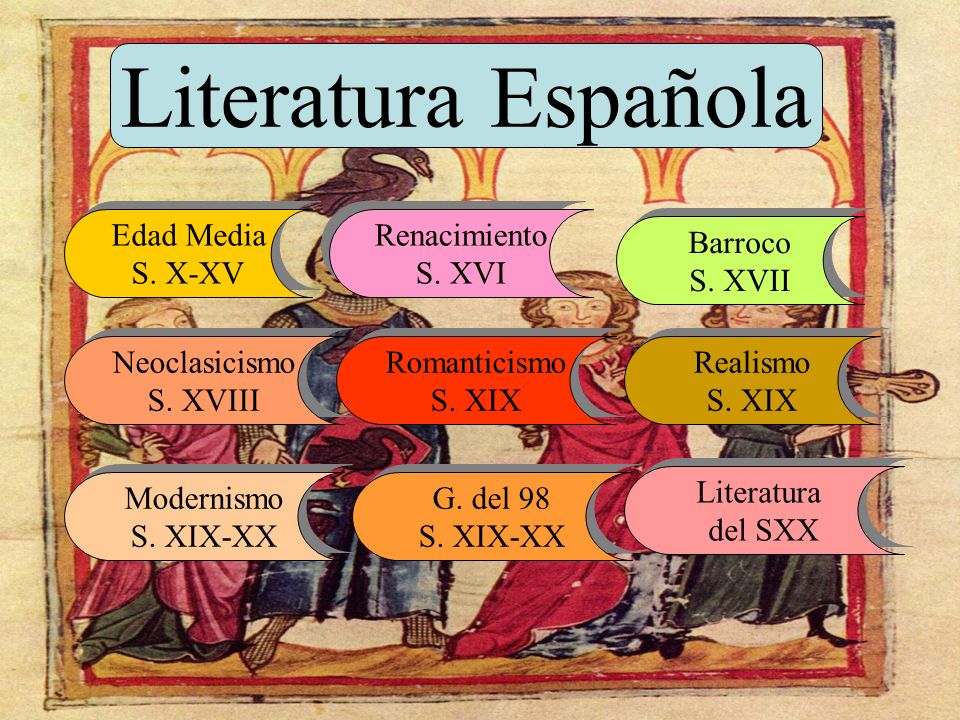
Para ayudaros con la titánica tarea de encontrar un nombre bonito, original y con historia, os hemos preparado la siguiente lista de nombres inspirados en grandes protagonistas y escritores de la literatura, así, a lo mejor también de paso, inspiramos al pequeño para que, motivado por el origen de su nombre, se lance a querer aprender más sobre libros y las aventuras que ellos recogen.
Nombre de niño de origen latino que significa peregrino. Este nombre es famoso por el protagonista de Romeo y Julieta, la obra de teatro dramática del autor inglés William Shakespeare.
Este nombre de niño tiene origen germánico, deriva de alf y hari y significa ejército de elfos. Otras variantes son Oliverio.Escogemos este nombre por Oliver, el niño protagonista de la novela de Charles Dickens Oliver Twist.
Nombre de niño que deriva del hebreo yeagob o del latín Jacobus. Significa Dios recompensará.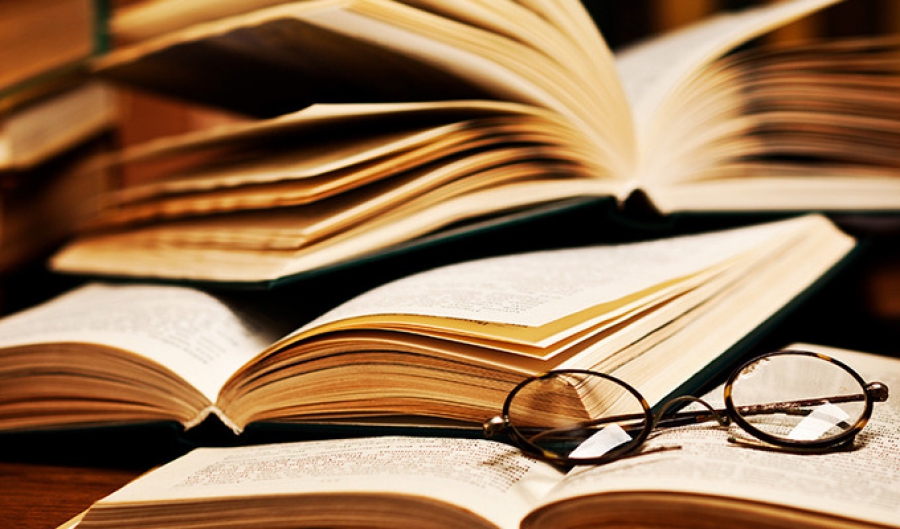 Este nombre está aquí por Santiago Nasar uno de los protagonistas de la novela de Gabriel García Márquez, Crónica de una muerte anunciada, considerada una de las 100 mejores novelas del siglo XX del ranking de libros de El Mundo.
Este nombre está aquí por Santiago Nasar uno de los protagonistas de la novela de Gabriel García Márquez, Crónica de una muerte anunciada, considerada una de las 100 mejores novelas del siglo XX del ranking de libros de El Mundo.
Nombre de niño de origen germánico y que significa famoso por su lanza.Este nombre lo incluimos en la lista por el héroe castellano Rodrigo Díaz de Vivar, el Cid Campeador, uno de los personajes más famosos de España por su papel en la Reconquista, que quedó plasmado en el poema épico Cantar de Mio Cid.
Tristán es un nombre de niño de origen latino, aunque algunos aseguran que su origen es celta. Significa el que no demuestra su tristeza.Tristán fue un héroe del folclore de Cornualles y uno de los caballeros de la Mesa Redonda pero si lo recuperamos en esta lista es por Tristan e Isolda, una leyenda, incorporada al ciclo arturiano, que cuenta la historia de amor entre un joven llamado Tristán y una princesa irlandesa llamada Isolda.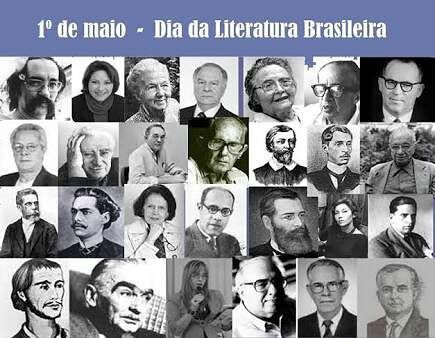
Nombre de niño de origen griego y que significa descendiente de Dorus. Dorus es un personaje de la mitología griega que dio nombre a la tribu griega de los dorios.Este nombre se popularizó gracias a la novela de Oscar Wilde El retrato de Dorian Gray.
Holden es un nombre de niño de origen inglés antiguo y que significa valle profundo.El joven de diecisiete años Holden Caulfield, icono de la rebeldía adolescente, es el protagonista de la novela El guardián sobre el centeno, obra de J.D. Salinger.
Nombre masculino variante de Alfonso, y que como él tiene origen germánico y significa siempre preparado para el combate.Alonso Quijano es el descerebrado caballero protagonista de la magnífica y clásica obra Don Quijote de la Mancha de Miguel de Cervantes Saavedra, una de las obras más famosas del mundo por ser una novela burlesca e irónica publicada a modo de crítica contra las historias caballerescas.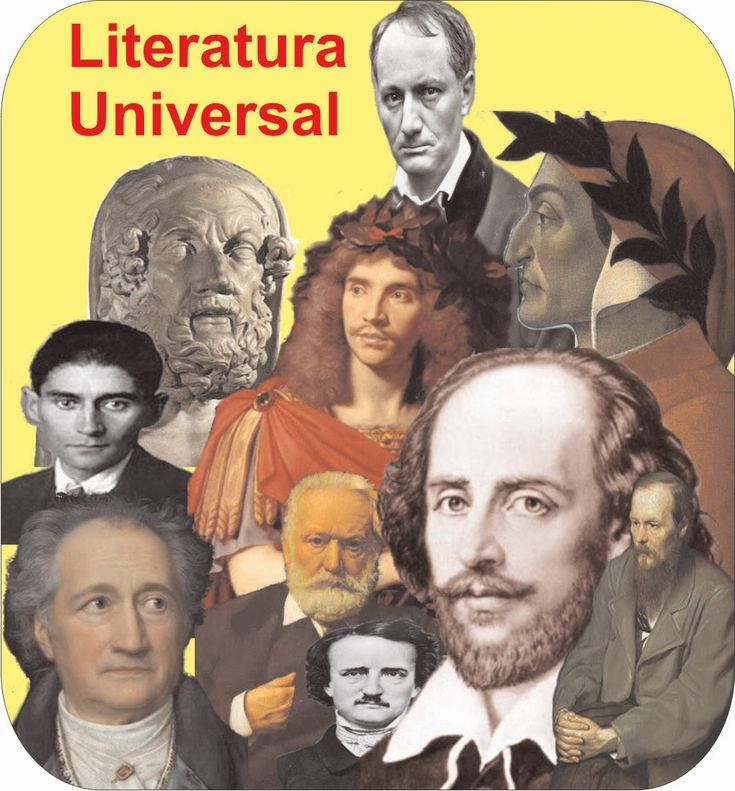
Nombre de niño de origen latino que deriva de iulianus y que significa perteneciente a la familia romana de los Julios.Este nombre forma parte de nombres inspirados en la literatura por los autores Julio Verne (De la Tierra a la Luna, Viaje al centro de la Tierra, La vuelta al mundo en 80 días), Julio Cortázar (Rayuela, Deshoras, La otra orilla) y Julio Llamazares (Las lágrimas de San Lorenzo, Distintas formas de mirar el agua).
Nombre masculino de origen griego y que deriva de hektoreon y significa educar y por extensión persona bien formada o educada.Héctor es uno de los héroes principales de la mitología griega y protagonista de La Ilíada. Hijo mayor del rey Príamo de Troya, el secuestro de Helena por parte de su hermano Paris desencadenó la guerra de Troya y Héctor halló la muerte a manos del héroe griego Aquiles.
Nombre de niño de origen griego y que significa león y por extensión fiero.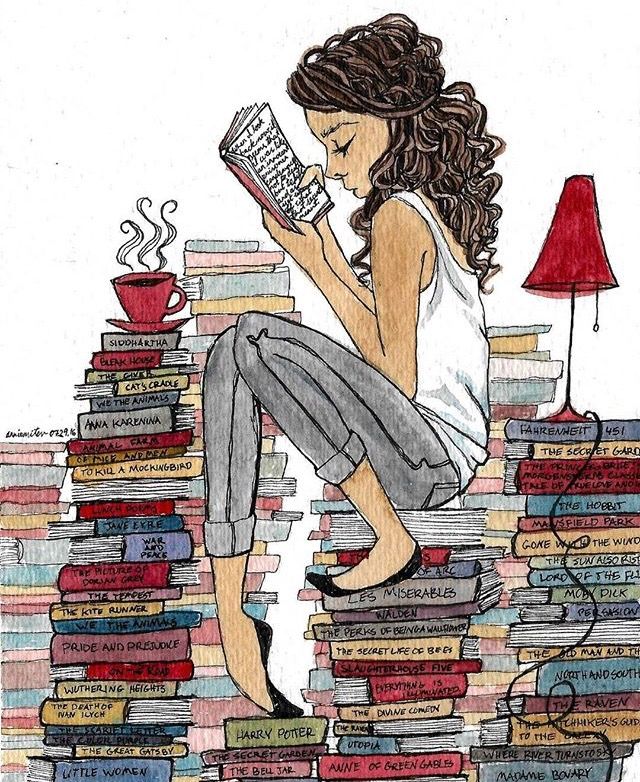 Nombre muy popular en Rusia (Liev) y que destacamos por el autor León Nikoláievich Tolstói, autor de obras como Guerra y paz y Anna Karenina.
Nombre muy popular en Rusia (Liev) y que destacamos por el autor León Nikoláievich Tolstói, autor de obras como Guerra y paz y Anna Karenina.
Nombre de niño de origen germánico y cuya etimología deriva de ragin mund. Significa consejero protector y lo destacamos por el autor del esperpento Ramón del Valle-Inclán, dramaturgo, poeta y novelista español, que formó parte de la corriente literaria denominada modernismo en nuestro país y al que se le considera uno de los autores clave de la literatura española del siglo XX.
Robin es un nombre masculino variante inglesa de Roberto y que significa que brilla por su fama.Lo destacamos por ser el nombre del protagonista Robin Hood, un personaje legendario de la Inglaterra medieval que inspiró al ilustrador y escritos Howard Pyle Las alegres aventuras de Robin Hood, origen de múltiples versiones cinematográficas destinadas al público infantil y juvenil.
Mario es un nombre de niño de origen latino y que significa relativo al dios Marte, otra variante del mismo nombre es Mariano.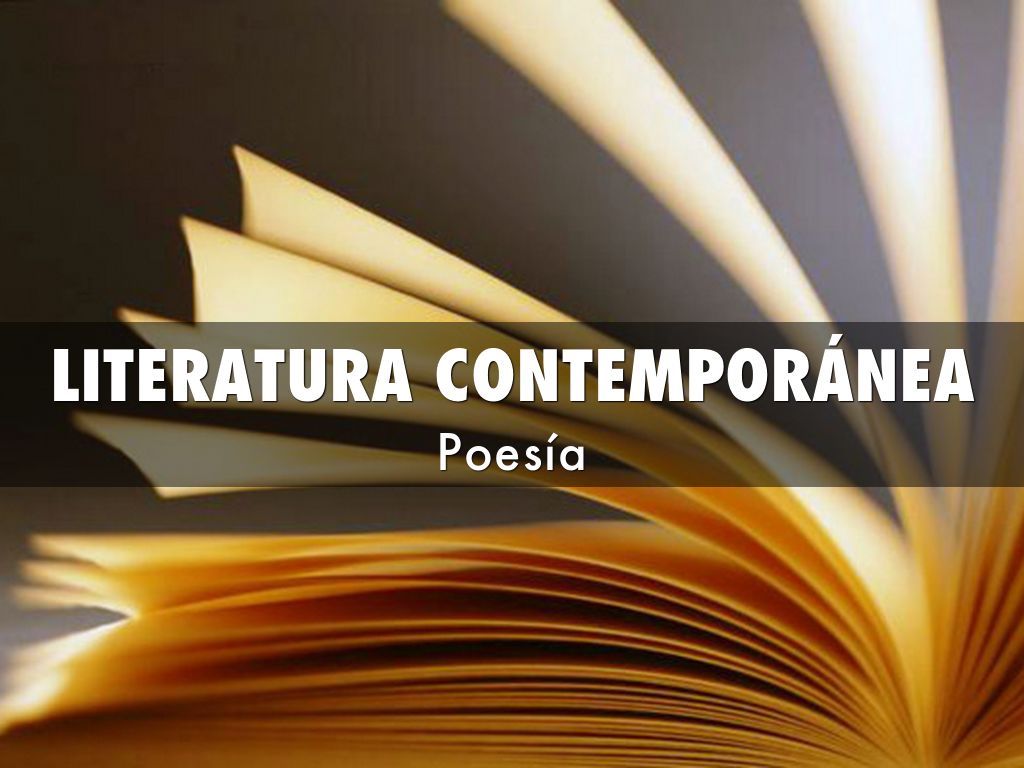 Lo destacamos en esta galería por los autores Mariano José de Larra, escritor, periodista y político español y uno de los más importantes exponentes del Romanticismo en nuestro país, y Mario Vargas Llosa, escritor peruano con nacionalidad española considerado uno de los más importantes novelistas y ensayistas contemporáneos.Vargas Llosa es además Premio Nobel de Literatura (2010) y galardonado con el Premio Cervantes en 1994 entre otros muchos premios como el Premio Príncipe de Asturias de las Letras o el Premio Planeta, entre otros.
Lo destacamos en esta galería por los autores Mariano José de Larra, escritor, periodista y político español y uno de los más importantes exponentes del Romanticismo en nuestro país, y Mario Vargas Llosa, escritor peruano con nacionalidad española considerado uno de los más importantes novelistas y ensayistas contemporáneos.Vargas Llosa es además Premio Nobel de Literatura (2010) y galardonado con el Premio Cervantes en 1994 entre otros muchos premios como el Premio Príncipe de Asturias de las Letras o el Premio Planeta, entre otros.
Nombre de niño de origen germánico que significa cetro del rey.Muchos literatos tomaron este nombre como, por ejemplo, Gustave Flaubert, uno de los mayores novelistas de la literatura y autor de Madame Bovary pero destaca en nuestro país el poeta y escritor español Gustavo Adolfo Bécquer, autor de Rimas y Leyendas, un poemario en el que poemas e historias de esta colección son esenciales actualmente para el estudio de la literatura hispana, ya que ejercieron sobre esta una gran influencia.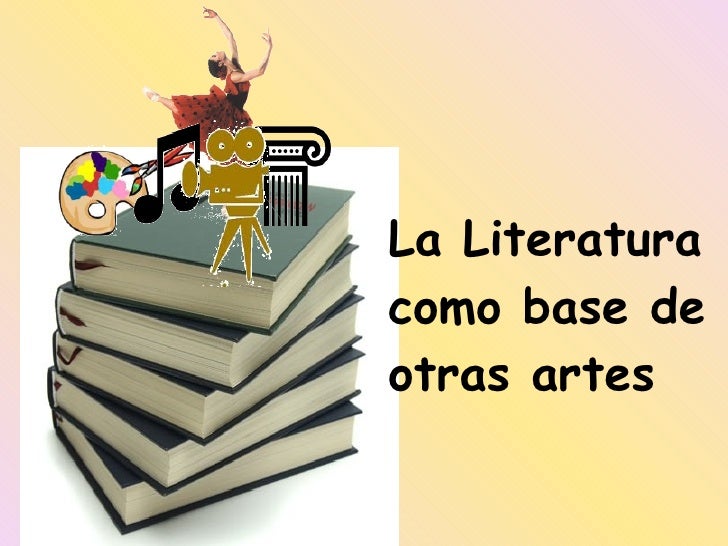
Nombre de niño de origen griego y que significa flor, Jacinto.Destaca por Jacinto Benavente, dramaturgo, director, guionista y productor de cine español, galardonado con el Premio Nobel de Literatura en 1922.
A la hora de elegir el nombre del bebé podemos inspirarnos en muchos ámbitos. El cine, la televisión o los personajes famosos crean muchos nombres de moda, pero también podemos recurrir a la literatura para encontrar el nombre perfecto para nuestro niño o niña.
Recurrimos a los grandes clásicos de la literatura para encontrar nombres con significado, intensos y que nunca pasan de moda. Porque nuestro bebé se merece un nombre con personalidad y bonito, hemos encontrado 10 nombres para niños en la literatura.
1. Romeo. William Shakespeare nos regaló una obra como ‘Romeo y Julieta’ llena de amor del de verdad. Romeo, además de ser uno de los protagonistas de esta historia de amor es también el nombre de uno de los hijos de los Beckham.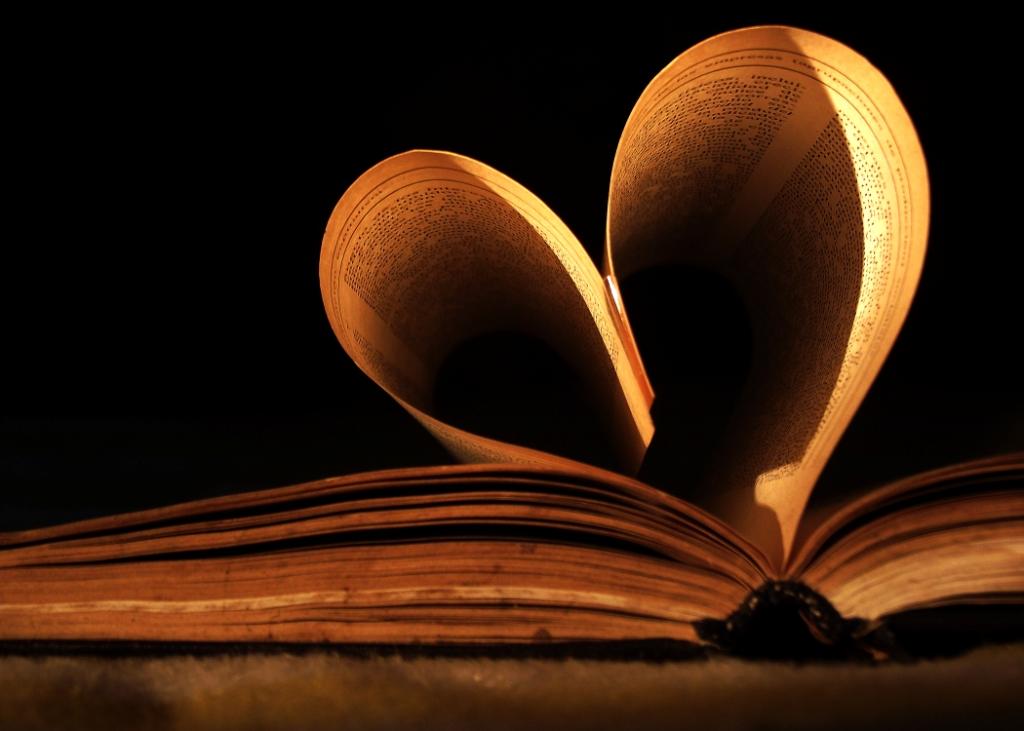
2. Néstor. Néstor es un nombre de origen griego que aparece en ‘La Ilíada’ de Homero. Es un nombre que representa la sabiduría y la prudencia en la figura del anciano Néstor de Pilos.
3. Oliver. El niño protagonista de la novela de Charles Dickens ‘Oliver Twist’ puede ser el nombre perfecto para vuestro niño por su origen latino y su significado relacionado con la paz. Además resulta original y mantiene un toque de frescura.
4. Santiago. Encontramos este nombre tradicional de origen hebreo en la novela de García Márquez ‘Crónica de una muerte anunciada’. Tiene una gran fuerza y personalidad y por eso es uno de los nombres más frecuentes en muchos países latinoamericanos.
5. Rodrigo. Este nombre de origen germánico y cuyo significado hace referencia a la gloria, es el nombre del protagonista del ‘Cantar del mío Cid’. A caballo entre la leyenda y la realidad, Rodrigo se presenta como un nombre original y distinguido.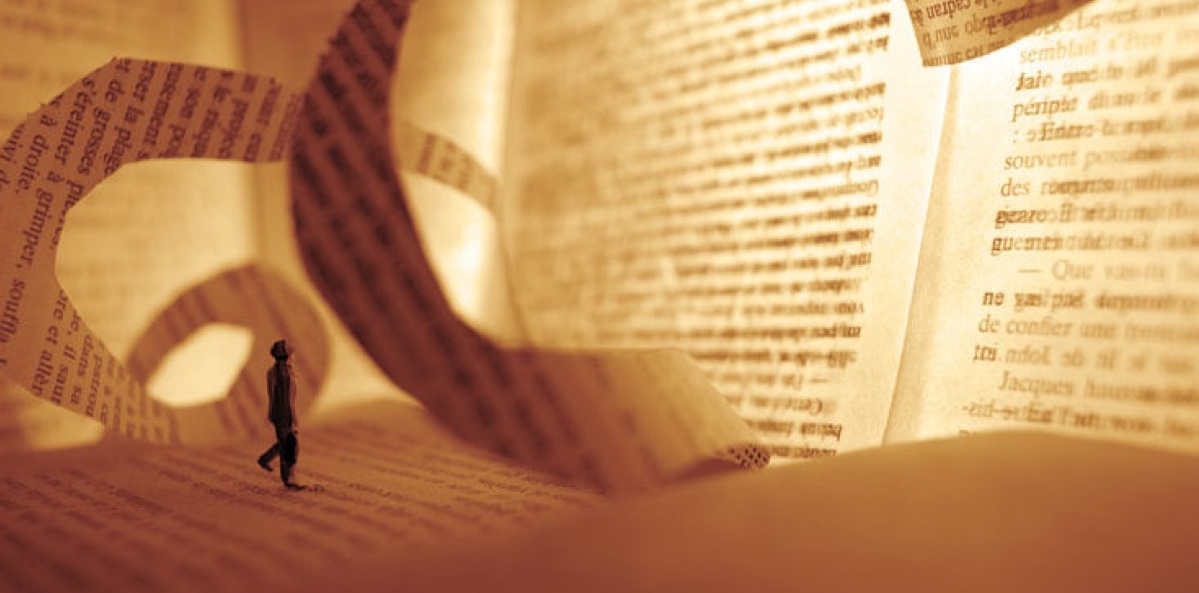
6. Guillermo. En la literatura nos encontramos muchas veces con este nombre de origen germánico que significa ‘el protector’. Pero nosotros nos quedamos como referencia con Guillermo de Baskerville, uno de los protagonistas de ‘El nombre de la rosa’.
7. Horacio. Este nombre de origen latino que deriva de la diosa romana de la jueventud, Hora, nos lo encontramos como protagonista de la novela de Julio Cortázar ‘Rayuela’, una de las obras imprescindibles de la literatura universal.
8. Tristán. Es uno de los nombres más interesantes para niños. Tiene un origen celta y un significado que habla de las piedras de los dioses. Nos resulta conocido gracias al ciclo de leyendas medievales que narran sus amores con Isolda.
9. Arturo. Es de origen celta y significa ‘tan fuerte como una roca’. Conocemos este nombre a través de la leyenda artúrica, con su espada Excalibur y sus caballeros de la mesa redonda en busca del Grial.
10. Alonso. Este nombre de origen germánico ‘se prepara para el combate’ y pertenece a la tradición medieval. Además es el nombre del protagonista de ‘El Quijote’, ese caballero descabellado de nombre Alonso Quijano.
Laura Vélez. Colaboradora de Guiainfantil.com
Puedes leer más artículos similares a Nombres para niños de la literatura, en la categoría de Nombres para niños en Guiainfantil.com.
Many interesting people live in the city of Megion. And each such fate is a part of the history of the city. Among those who once came to develop oil, there were many aspiring writers and poets. It was here, on the great Ob River, that they found nourishment for their creativity.
Megion poets and writers – they are so different, but they are similar in one thing – love for literature, their native city, devotion to the work they have been doing all their lives, although many of them are far from literature by profession: geologists, teachers, journalists .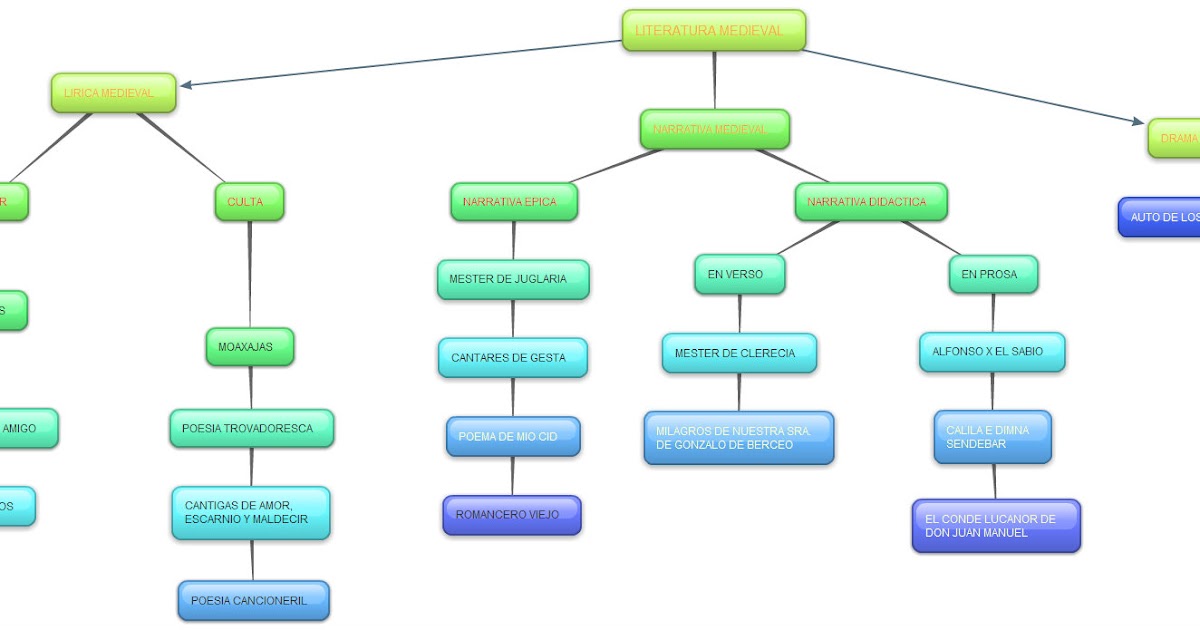 .. Formation of a culture of reading in the library is impossible without getting acquainted with the work of local authors, who are mostly members of the literary association Logos, which operates on the basis of the CLS library.
.. Formation of a culture of reading in the library is impossible without getting acquainted with the work of local authors, who are mostly members of the literary association Logos, which operates on the basis of the CLS library.
The verses and prose presented in this section testify to the fact that the literary life of Megion is becoming more and more obvious as a professional one. The works of Viktor Nikolaevich Kozlov, Elena Khrapova, Tatyana Yurgenson, Lilia Parfirievna Taktasheva, having undoubted artistic merit, are thematically diverse and multifaceted.
We wish those who have embarked on the path of writing creative achievements, and readers good impressions from the books they read!
Oksana Abramovskaya-Velichko
Poet. She was born on January 28, 1972. Lives in Megion. Works in the kindergarten “Forget-Me-Not”. Poems were published in the collections “Cedar Mane”, “Under the Northern Sky”.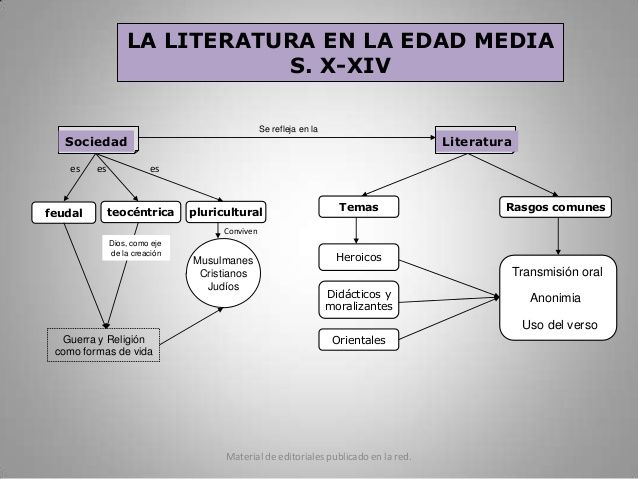
Number of impressions: 5396
Taisiya Petrovna Adartasova
Poet, writer, artist. Born in the Poltava region in 1931 on the Intercession of the Mother of God, October 14, in the family of a priest. She worked as a foreman, foreman, engineer, from 1972 graphic designer. Lives in Megion since 1982. He has been writing poetry since 1986. Author of five books. In 1980-1990 a number of exhibitions were held (painting, graphics, embossing, macrame, collages).
Number of impressions: 5860
Elena Gosteva – Elena Vitalievna Khrapova
Poet, journalist. She was born on January 15, 1961 in the village of Kazakovo, Vologda Region. She worked as a correspondent for the Megion News newspaper (1992-1993), Local Time (19993-1998). Currently works as a correspondent for the Yugra magazine (since 2001).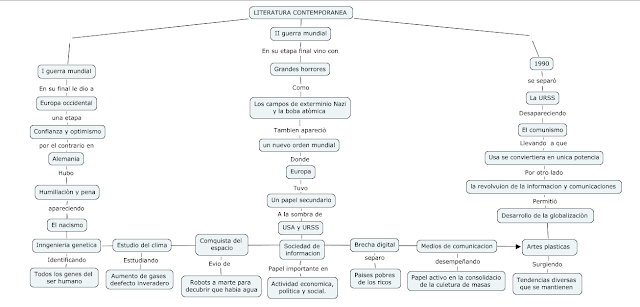 Organizer of the annual literary Internet competition of patriotic poetry named after. Art. Zolottsev on the website of the Litsovet. Author of the book “Heiress” (Moscow, 2005), “For bitter happiness I will rise again” (Khanty-Mansiysk, 2011), “Dragonfly Gorgon” (2015). Member of the Union of Russian Writers since 2012
Organizer of the annual literary Internet competition of patriotic poetry named after. Art. Zolottsev on the website of the Litsovet. Author of the book “Heiress” (Moscow, 2005), “For bitter happiness I will rise again” (Khanty-Mansiysk, 2011), “Dragonfly Gorgon” (2015). Member of the Union of Russian Writers since 2012
Number of impressions: 6078
Anastasia Kedrova – Anastasia Ivanovna Yusubova
Poet, playwright, journalist. Born in Karelia, the city of Medvezhyegorsk. By education, a conductor is a choir performer, a teacher, and a graphic designer. She studied at the Higher Courses for Scriptwriters and Directors, a workshop on dramaturgy of feature films. Received the Grant of the Governor of Khanty-Mansiysk Autonomous Okrug in the nomination “Theatrical Art”, the theater project “The Fading Hearth” (2008).
Number of impressions: 6909
Viktor Nikolaevich Kozlov
Poet, writer, geologist.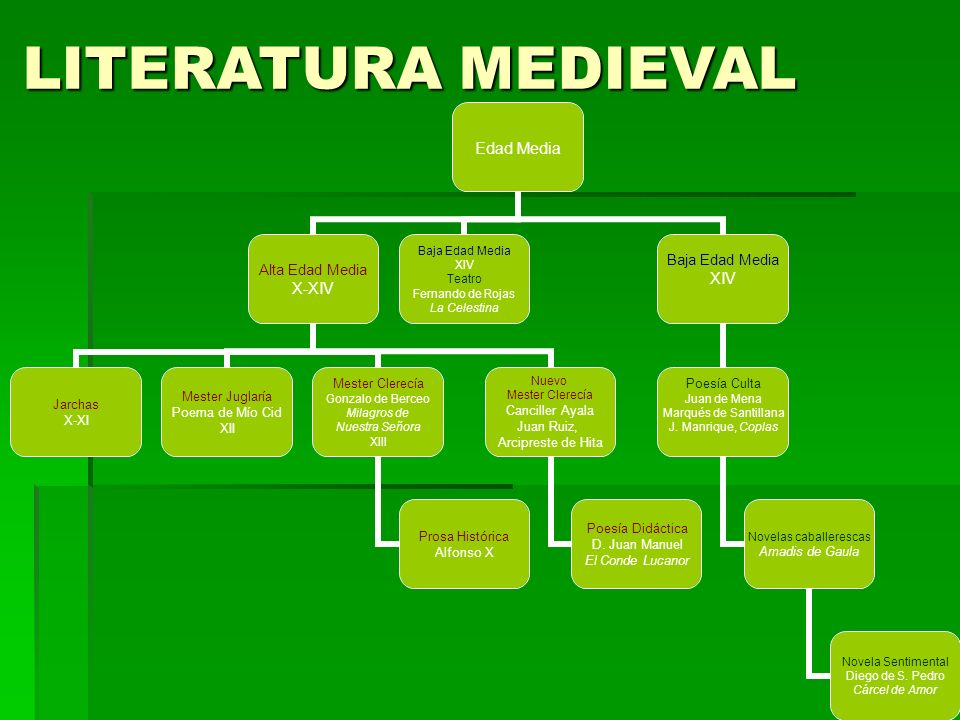 Born 15 June 1937 in Altai, in the village of Ovchinnikovo. Graduated from the Ufa Oil Institute (1961). Worked as an assistant driller, Ch. engineer, chief technologist. Participated in the discovery of about 20 oil fields in Western Siberia. Author of 16 books. Laureate of the literary award D. N. Mamin-Sibiryak, the award of the Governor of the Khanty-Mansiysk Autonomous Okrug in the field of literature. Member of the Writers’ Union of Russia since 2000.
Born 15 June 1937 in Altai, in the village of Ovchinnikovo. Graduated from the Ufa Oil Institute (1961). Worked as an assistant driller, Ch. engineer, chief technologist. Participated in the discovery of about 20 oil fields in Western Siberia. Author of 16 books. Laureate of the literary award D. N. Mamin-Sibiryak, the award of the Governor of the Khanty-Mansiysk Autonomous Okrug in the field of literature. Member of the Writers’ Union of Russia since 2000.
Number of impressions: 6736
Artur Bulkin
Poet, oilman. Born at 1973 in the city of Kushva, Sverdlovsk region. In the city of Megion – since 1986. He graduated from secondary school No. 1, later Sverdlovsk State University. He has been writing poetry since the age of 16. Poems were published in the collections “Erintur”, “Under the northern sky”, in the newspaper “Glagol”.
Number of impressions: 5753
Lilia Parfirievna Taktasheva
Poet.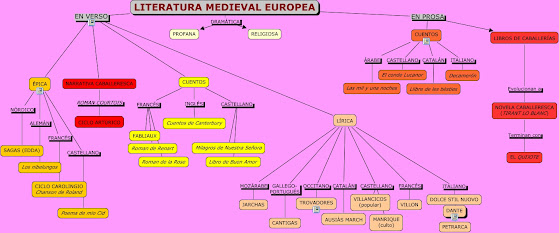 She was born on February 29, 1940 in the city of Termez, Uzbek SSR. Graduated from the Dushenbe Pedagogical Institute. Comrade Shevchenko (1966). She worked as a teacher of physics and mathematics, a teacher-organizer, an engineer in a construction organization, and was engaged in farming. Author of two books of poems for children: “Blue Skies” (2000), “Wonderful Planet” (2007). “Earthly Joys” (2011). Several songs were written to the verses of L. Taktasheva.
She was born on February 29, 1940 in the city of Termez, Uzbek SSR. Graduated from the Dushenbe Pedagogical Institute. Comrade Shevchenko (1966). She worked as a teacher of physics and mathematics, a teacher-organizer, an engineer in a construction organization, and was engaged in farming. Author of two books of poems for children: “Blue Skies” (2000), “Wonderful Planet” (2007). “Earthly Joys” (2011). Several songs were written to the verses of L. Taktasheva.
Number of impressions: 7380
Nikolai Ivanovich Chernyaev
Born on May 2, 1924 in the village of Bovyrino, Voskresensky District, Gorky Region. 12 August 19At the age of 42, he was drafted into the ranks of the Red Army, from May to October 1943 he fought in the Central Front as a commander of a rifle platoon. Later, as part of the 3rd Belorussian Front, he commanded in battles on the Oryol-Kursk Bulge, in crossing the Desna and liberating Chernigov, crossing the Dnieper, and liberating East Prussia.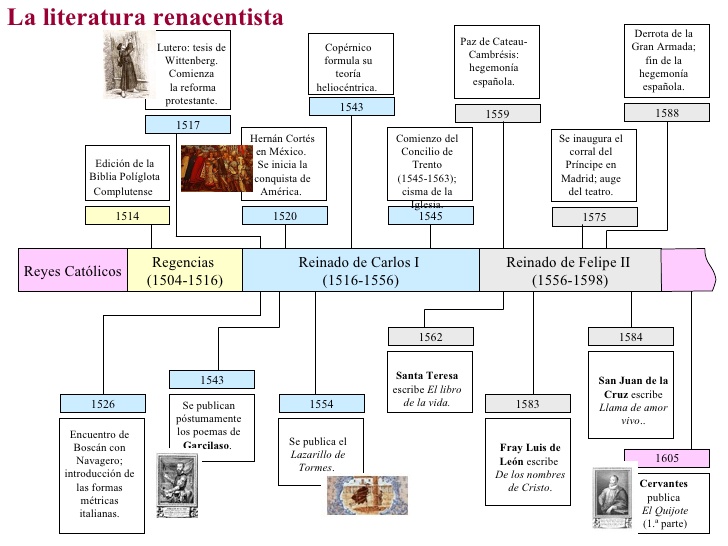 Awarded with the Orders of the Red Star, Alexander Nevsky, World War I degree, medals “For the Victory over Germany”, “For the Capture of Koenigsberg”, Zhukov, commemorative medals. Author of six books.
Awarded with the Orders of the Red Star, Alexander Nevsky, World War I degree, medals “For the Victory over Germany”, “For the Capture of Koenigsberg”, Zhukov, commemorative medals. Author of six books.
Number of impressions: 3727
Dmitry Dmitrievich Shlyabin
Artist, local historian, publicist. An enthusiastic person, surprises with the breadth of interests. He devoted many years to photography, film and video shooting. An excellent publicist, the topic of his publications: local history, ecology. His articles were published in the magazine “Ugra”, the newspapers “Tyumen news”, “Local time”, “Megion news”. Author of two books: “My Roads” (2000) and “At a sharp bend in the river” (2004).
Number of impressions: 8190
Tatyana Vladimirovna Yurgenson
Poet, journalist.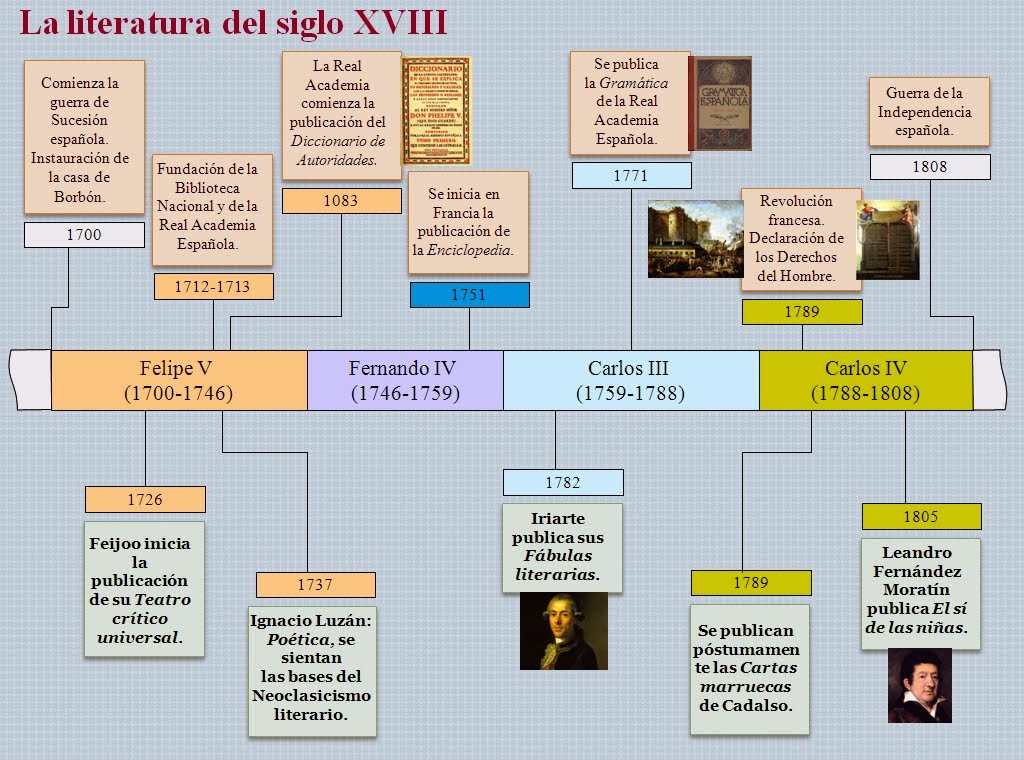 She was born on January 9, 1966 in the village of Stepnoy Badzhey, Krasnoyarsk Territory. Graduated from the Faculty of Journalism of Tomsk State University (1996). Author of collections of poems “Tales of wanderings”, “Overthrow to Humgat”. In collaboration with the poet Yuri Vella, the poem-dialogue “Hunting for Swans” (2001) was written – translated into English, Hungarian, German, Nenets, French, Khanty, Estonian. “Calendar”. In 2015, a new book of poems “Writings on the Clouds …” was published.
She was born on January 9, 1966 in the village of Stepnoy Badzhey, Krasnoyarsk Territory. Graduated from the Faculty of Journalism of Tomsk State University (1996). Author of collections of poems “Tales of wanderings”, “Overthrow to Humgat”. In collaboration with the poet Yuri Vella, the poem-dialogue “Hunting for Swans” (2001) was written – translated into English, Hungarian, German, Nenets, French, Khanty, Estonian. “Calendar”. In 2015, a new book of poems “Writings on the Clouds …” was published.
Number of impressions: 6575
Library News The jury of the French Prix du Meilleur Livre Étranger award for the best foreign book has announced the names of the 2022 laureates. Maria Stepanova is a Russian writer and poetess, laureate of the Big Book Prize. She declared herself as the author of philosophical and documentary prose, releasing the work “Memory of Memory” in 2017. The book is dedicated to the restoration and research by the writer of family roots and understanding of the family past. In 2021, this book by Stepanova was shortlisted for the Booker Prize. The translation of “Memory of Memory” into French was carried out by Anna Koldefy-Faucard. Read more… Mikhail Bulgakov’s novel “The Master and Margarita”, as well as a series of books by British writer J. K. Rowling about Harry Potter topped the rating of the most re-read books among Russians. This was reported in the press service of the Litres group of companies, citing a joint study with the Premier online cinema. According to the study, 84% of the respondents re-read books, the main reason was the special atmosphere of the book (61.8%). “Of domestic literary works, respondents most often return to Mikhail Bulgakov’s novel The Master and Margarita (40%). The second position is taken by Alexander Pushkin’s Eugene Onegin (16%). The third line is taken by a series of historical detective stories about the adventures of Erast Fandorin Boris Akunin (15%),” the statement said. Rowling’s series of Harry Potter novels was the most re-read among foreign books (37%). In second place is a cycle of stories about detective Sherlock Holmes by Arthur Conan Doyle (26%). Closes the top three novel “Pride and Prejudice” by Jane Austen (23%). Read more… At the end of the year, fans of Terry Pratchett and artist Pauline Graf are in for a real New Year’s gift: the final book in the trilogy about the adventures of Moist von Lipwig. What if a former swindler with dozens of successful scams and swindled suckers becomes the head of the post office? It would seem that absolutely nothing good. But the angel, who once appeared to Moist, thought differently – and did not lose. Faced with a choice: death or an honest job in the city of Ankh-Morpork, the trickster is working hard to keep the post office functioning like never before. With the help of Patrician Vetinari Moist, he dealt not only with thousands of unsent letters, but also with the monetary system and even with the transport crisis. A quirky mind and a creative approach to solving problems only played into his hands. In “Give me a couple!” Lipwig will once again be in the thick of things. Now he has to find his place in the world of rapidly advancing progress. Read more… November 24 at 18:00 in the community of the publishing house “Eksmo” in the social network VKontakte will broadcast the book show “What to read next. Anyone who wants to learn as much as possible about the main novelties of the publishing house is waiting for an evening in the company of Anna Akhmatova, Edgar Allan Poe and Mikhail Bulgakov. Together with the General Director of the Eksmo publishing house Yevgeny Kapiev, the classics of literature will tell you what to read next – they will present this year’s novelties and bestsellers of various genres. Viewers of the show will find out: why Anna Akhmatova loves young adults, what cookbooks Mikhail Bulgakov cooks from, what books Edgar Poe considers truly exciting. Great writers will be recreated using the MetaHuman avatar maker and other Deepfake technologies. The organizers are confident that the first book show using Deepfake technology will open a new page in the promotion of books and reading, and innovative formats will resonate with various audiences, including young ones. Read more. The regional department of culture explained that this is a traditional educational event to draw public attention to the problems of blind people. This year, residents of Yaroslavl, Uglich and Rybinsk took part in it. – Mastering a special method of reading and writing today speaks of the socio-cultural rehabilitation of blind people, emphasizes the director of the regional department of culture, Marina Vasilyeva. – Dotted Louis Braille for a blind person is the basis of literacy, spiritual and intellectual development. According to the head of the department, only a few dozen people in the region know this method, but the region is ready to support and encourage their aspirations. Yaroslavl has a special library for the blind and visually impaired, where a lot of work is being done in this direction. Read more… Film Studio Soyuzmultfilm is preparing to shoot a full-length plasticine cartoon Crazy Planet. On Monday, the project was presented at the face-to-face defense of new animated national films at the Cinema Fund. The cartoon will be made in traditional plasticine technique using modern 3D visual techniques. “For Soyuzmultfilm, this is the first time we participate in a competition for unique projects. <...> Today it is a full-length film Crazy Planet, which for me is a great technological experiment: it is a mixture of plasticine animation, puppet and 3D computer graphics,” said Soyuzmultfilm CEO Boris Mashkovtsev. Read more… November 11 marks the 100th anniversary of the birth of Kurt Vonnegut, one of America’s most popular writers, author of Slaughterhouse Five, Breakfast of Champions, Cat’s Cradle and many other books. Laughter and sin Humor, irony and sarcasm were Vonnegut’s main weapons. Even in the war, he realized that in difficult situations you can both cry and laugh, and preferred the second. “My books are a mosaic of jokes about such serious subjects as death, sickness or war,” said the writer. Read more… The largest service of electronic and audio books in Russia and the CIS countries LitRes and the Museum of Gulag History have recorded an audio collection of stories by the famous physicist, prisoner of the Kolyma camps and talented writer Georgy Demidov “Wonderful Planet”. Georgy Georgievich Demidov, a physicist, a student of Landau, a prisoner of the Kolyma camps, the author of stories and stories about the life of Gulag prisoners, is much less known in Russia than Alexander Solzhenitsyn and Varlam Shalamov, although he should rightfully be on the same level with them. “Demidov, I think, is the only one of the newly discovered authors who can add third to the famous pair of Solzhenitsyn and Shalamov, to two opposite interpretations of the camp experience,” Dmitry Bykov wrote about him in the preface to the printed collection of stories by Georgy Demidov “Wonderful Planet”. Read more… A charity auction will be held in Russia, where publications, photographs, drawings and other rarities related to the life and work of the poet Joseph Brodsky will be presented. This was told in the press service of the auction house “Literary Fund”. The event will take place on December 8th. The Literary Fund Auction House and the One and a Half Room Museum of Joseph Brodsky are preparing a joint auction, which will feature unique publications, photographs, drawings and other rarities related to the life and work of the outstanding poet. Part of the proceeds will be donated to the museum,” the statement said. Now the organizers of the auction are collecting rarities associated with the name of the poet. Lots will be accepted until November 22. In particular, among the future lots is a cassette with a recording of Brodsky’s speech at the Sorbonne on January 11, 1990 years. Read more… |
Visually impaired
|